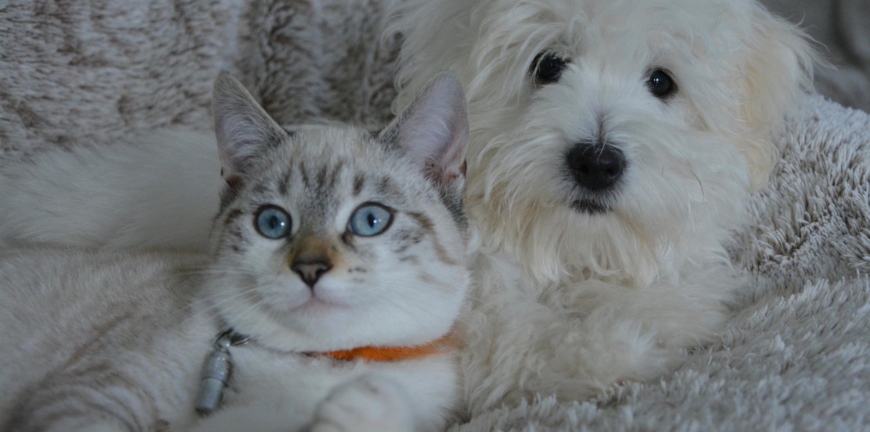November 26, 2023

Coughing in Dogs and Cats
Pets can cough for a wide variety of reasons. Sometimes a cough is minor and unconcerning. Other times it can be the first indication of a serious problem. How can you tell the difference?
In general, a cough should be investigated if your pet is:
– coughing multiple times a day
– coughing, retching or hacking up foamy saliva, mucus or blood
– breathing faster or with more effort than normal
– opening their mouth to breathe (panting can be normal in dogs but should stop once they cool off)
– coughing at night
– lethargic or has a decreased appetite
– having nasal discharge or congestion
– coughing in a way that seems concerning to you
Dogs:
Coughing in dogs is one of the classic symptoms of “Kennel Cough”. Kennel Cough is a common name for Canine Infectious Respiratory Disease (CIRD). There are multiple causative agents for CIRD – some bacterial, some are viral. There is a vaccine against a few of the causative agents (Bordetella and Parainfluenza). Others there is no vaccine for. We recommend vaccinating dogs that will be in contact with other dogs – this can be at the dog park, but it could also be at the groomer, the pet store or on the trail. It will not completely prevent CIRD in your dog (remember there are causes we cannot vaccinate for) but you are doing what you can to protect your pet.
There is a new form of CIRD, called atypical CIRD because the cause is yet unknown, in Oregon and several other states. Symptoms include coughing, nasal discharge, sneezing, lethargy and range from mild to severe.
There are multiple other causes of coughing in dogs, including: heart failure, bronchitis, collapsing trachea, heart worm, pneumonia, lung tumors, foreign object inhalation (ie cheat grass, etc), parasite migration through the lungs and pleural effusion (excessive fluid in the chest cavity) to name a few.
Cats:
In cats, the most common cause of coughing is asthma. Symptoms can be seasonal or year round and requires treatment by a veterinarian. Another common cause in cats is Upper Respiratory Infection. Typically this is coupled with sneezing and nasal discharge. There are a variety of causes of URI in cats. Some are viral, some are bacterial. We can vaccinate against some of the causes (feline herpes virus and calicivirus) and we recommend vaccination for all cats, especially kittens.
Cats can also cough due to bronchitis, pneumonia, lung tumors, pleural effusion, heart failure, parasite migration, foreign object inhalation and more.
Since causes can range from minor to severe, it is important that you pay attention to your pet’s cough.
If your pet is coughing and you are concerned, please contact your veterinarian for an appointment.